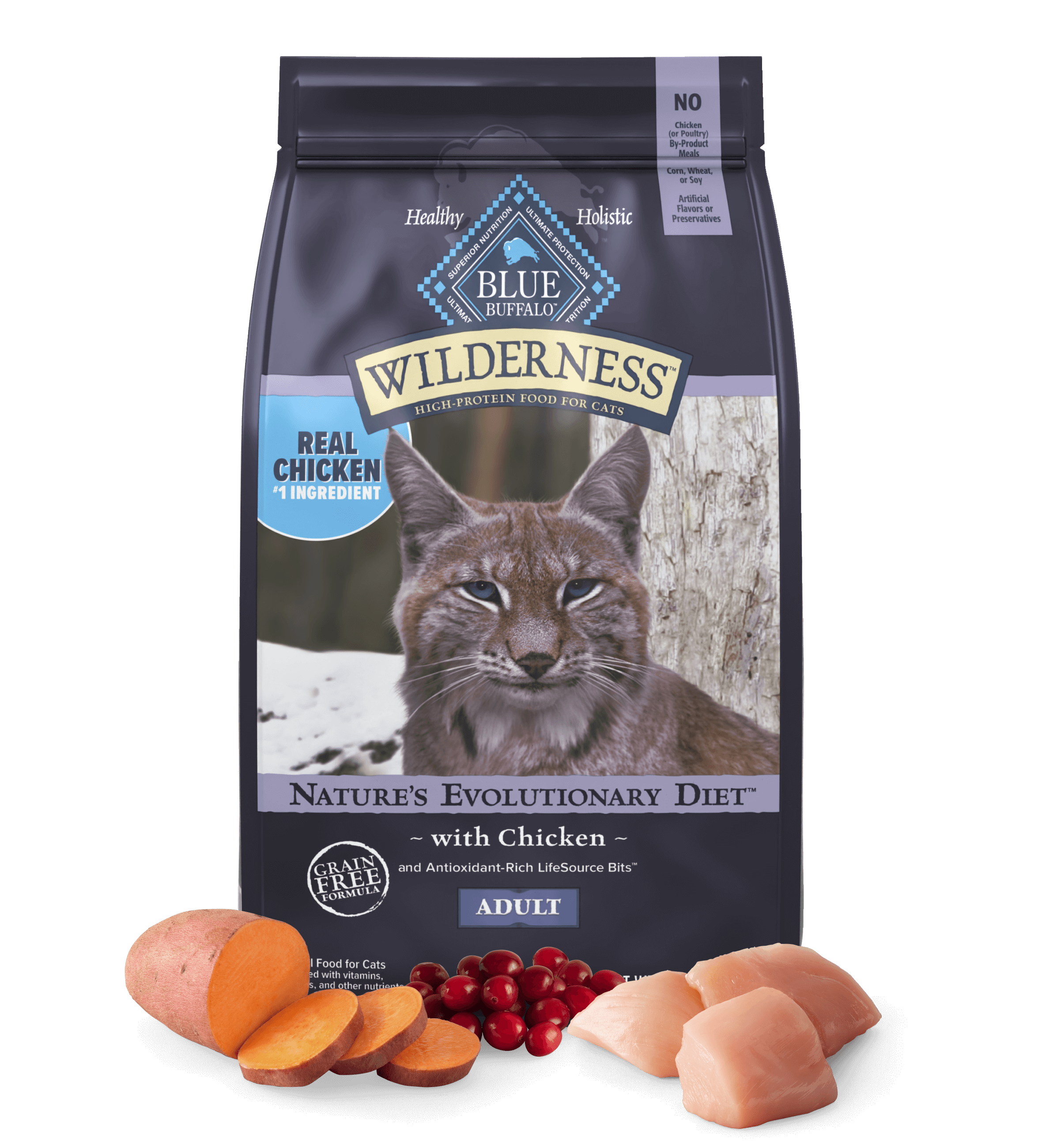As an Amazon Associate, I earn from qualifying purchases

Is your puppy growing up? It’s high time to adjust their diet! Most puppies eat three meals per day. But as they grow, they need fewer meals. Puppy parents often wonder how to switch from three meals to two. This guide will help you make this change. It could ensure your pup grows up healthy and happy. Let’s start!
Understanding the Right Time for Transition
Knowing when to switch is the most important. Most puppies are ready at around 6 months old. But, this could change based on the puppy’s breed and size. Smaller breeds may switch earlier, while larger breeds might switch later.
Benefits Of Transitioning To Two Meals
- Better digestion for your pup
- Helps establish a routine
- Prevents overeating and obesity
Step 1: Check with Your Vet
Everbody should before any diet changes, talk to a vet. They’ll check if your puppy is ready to change. They’ll also answer any questions you have. This step keeps your puppy safe.
Step 2: Choose the Right Food
Diet is the main matter for your puppy. As they grow, nutritional needs change. Choose a food suitable for your puppy’s age and breed. Good puppy food gives them what they need to be strong and healthy
Step 3: Set a Schedule
Consistency is key. Pick two times that work every day for you and your puppy. Mostly, owners choose morning and evening times. Sticking to these times is important.
Step 4: Gradual Transition is Vital
Change should be slow and steady always. Start by reducing the size of the lunch meal. Add its portion to breakfast and dinner. Do this step over 5-7 days. This will help your puppy adjust without feeling hungry.

Credit: www.amazon.com
Step 5: Observe Your Puppy’s Reaction
Watch how your puppy reacts to the change. Look at their hunger levels and behavior. Are they happy and energetic? Or do they seem hungry or upset? If they’re not doing well, you should need to slow down the transition.
Step 6: Keep Mealtimes Stress-Free
Meals should be happy times. Make sure where they eat is quiet and calm. Remove any stress or distractions. This makes eating more enjoyable.

Credit: bluebuffalo.com
Step 7: Monitor Puppy’s Health
Good health is what we want.
Monitor your puppy’s weight and energy levels closely. Healthy weight and energy mean the diet works well. If you’re worried, you should see your vet.
Wrap-Up: Be Patient and Keep It Positive
Changing a puppy’s meal schedule could be tricky. Being patient and positive makes a big difference. Treats and praise help a lot. They let your puppy know they’re doing great. This makes the switch easier for them.
| Week | Lunch Meal Portion | Breakfast & Dinner Portions |
|---|---|---|
| Week 1 | Reduce by 25% | Increase each by 12.5% |
| Week 2 | Reduce by 50% | Increase each by 25% |
| Week 3 | Reduce by 75% | Increase each by 37.5% |
| Week 4 | No lunch meal | Split lunch meal portions between breakfast and dinner |
Frequently Asked Questions On How To Transition A Puppy From 3 Meals To 2: Seamless Shifts
Quest: What Age To Switch Puppy To 2 Meals?
Ans: Puppies typically transition to two meals per day when they are around 6 months old, as their dietary requirements change with age.
Quest: How To Change Puppy Feeding Schedule Safely?
Ans: To safely alter a puppy’s feeding routine, gradually mix the current three-meal plan with the new two-meal schedule over a week to avoid gastrointestinal upset.
Quest: Is Vet Consultation Needed Before Changing Meals?
Ans: Consulting a vet before modifying your puppy’s meal frequency is wise to tailor the transition to your puppy’s specific health and nutritional needs.
Puppies ready for fewer meals often maintain energy levels and proper weight without the midday meal and appear satiated longer after morning and evening feedings.
Final Thoughts
Each person should be transitioning from three meals to two is a big step in your puppy’s life. With these tips, you can make this change smooth. Remember, every puppy is different.
So, tailor the transition to fit your puppy’s needs. And don’t forget! Always pour your love into every meal. Happy feeding!
As an Amazon Associate, I earn from qualifying purchases
